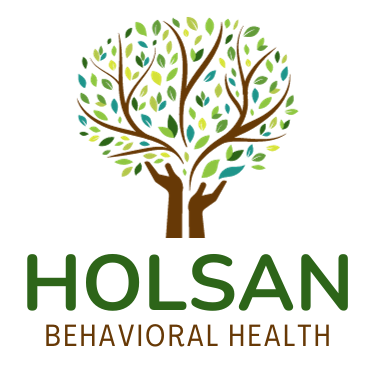Every April 18, National Stress Awareness Day invites us to pause and reflect on the mental and emotional pressures we often carry without noticing. In today’s fast-paced society, it’s easy to feel overwhelmed—whether it’s due to job demands, family expectations, money concerns, or just trying to juggle life’s responsibilities.
Although experiencing tension is a natural part of life, prolonged exposure to it can negatively impact your health. Chronic pressure can affect your mood, your sleep, and even your immune system. The good news is that there are practical, science-backed ways to help ease the load and improve your overall well-being.
Here are 7 effective techniques to manage emotional and physical strain—starting today.
1. Know the Root of Your Discomfort
Tension begins as your body’s reaction to a challenge. When something feels demanding, your nervous system responds by releasing hormones like cortisol and adrenaline. While helpful in short bursts, staying in this “fight-or-flight” mode over time can wear your body down.
Persistent tension has been linked to conditions like anxiety, depression, insomnia, cardiovascular problems, and lowered immunity. The first step toward managing it is understanding what’s triggering your response and how it’s showing up in your body and mind.
2. Use Breathwork and Relaxation Techniques
Slow, intentional breathing can activate your body’s relaxation response. Try the 4-7-8 method:
Inhale for 4 seconds, hold for 7, and exhale for 8 seconds.
Other calming practices like progressive muscle relaxation, guided visualization, or mindfulness meditation can also help ease internal agitation and support mental clarity.
3. Make Movement a Habit
Regular physical activity is a natural mood booster. It lowers cortisol levels and increases the release of endorphins—your body’s feel-good chemicals. Whether it’s a walk in the park, a yoga session, dancing, or strength training, just 30 minutes of movement daily can create noticeable shifts in your mood and energy.
4. Protect Your Time and Energy
Trying to do it all is a fast track to emotional exhaustion. Setting boundaries is essential. Learn to say “no” without guilt, schedule time for breaks, and communicate your needs clearly at work and at home. Remember—your peace is a priority.
5. Make Sleep a Non-Negotiable
Poor sleep and emotional overload often go hand in hand. Adults need 7–9 hours of restorative sleep to function at their best. Strengthen your sleep routine by:
- Keeping a consistent sleep schedule
- Avoiding screens before bed
- Creating a wind-down routine (like stretching or reading)
- Cutting back on caffeine in the afternoon
6. Strengthen Your Support System
Talking with someone you trust can ease emotional weight. Human connection is a powerful buffer against life’s demands. Whether it’s a close friend, family member, or therapist, opening up about your experiences helps you feel seen and supported.
7. Reach Out for Professional Guidance
When pressure becomes too much to handle on your own, it’s okay to seek help. Mental health professionals can help you identify triggers, teach coping tools, and offer a safe space for healing.
At Holsan Behavioral Health, we provide compassionate, evidence-based care for individuals navigating life’s challenges. Our licensed clinicians create personalized wellness plans to help you regain balance and feel more in control.
Why Learning to Cope Matters
Suppressing emotional tension doesn’t make it disappear—it often magnifies it. Developing healthy ways to respond to life’s demands builds resilience, sharpens your focus, and protects your overall well-being.
Start small. Whether it’s a short walk, a breathing exercise, or stepping away from your phone for a few minutes, small actions can reset your mind and body. With consistency, these habits empower you to handle life with greater ease and clarity.
References
- American Psychological Association. (2023). Stress effects on the body.
https://www.apa.org/topics/stress/body - National Institute of Mental Health. (2022). 5 Things You Should Know About Stress.
https://www.nimh.nih.gov/health/publications/stress - Mayo Clinic. (2023). Stress relief: 10 tips to tame stress.
https://www.mayoclinic.org/healthy-lifestyle/stress-management

